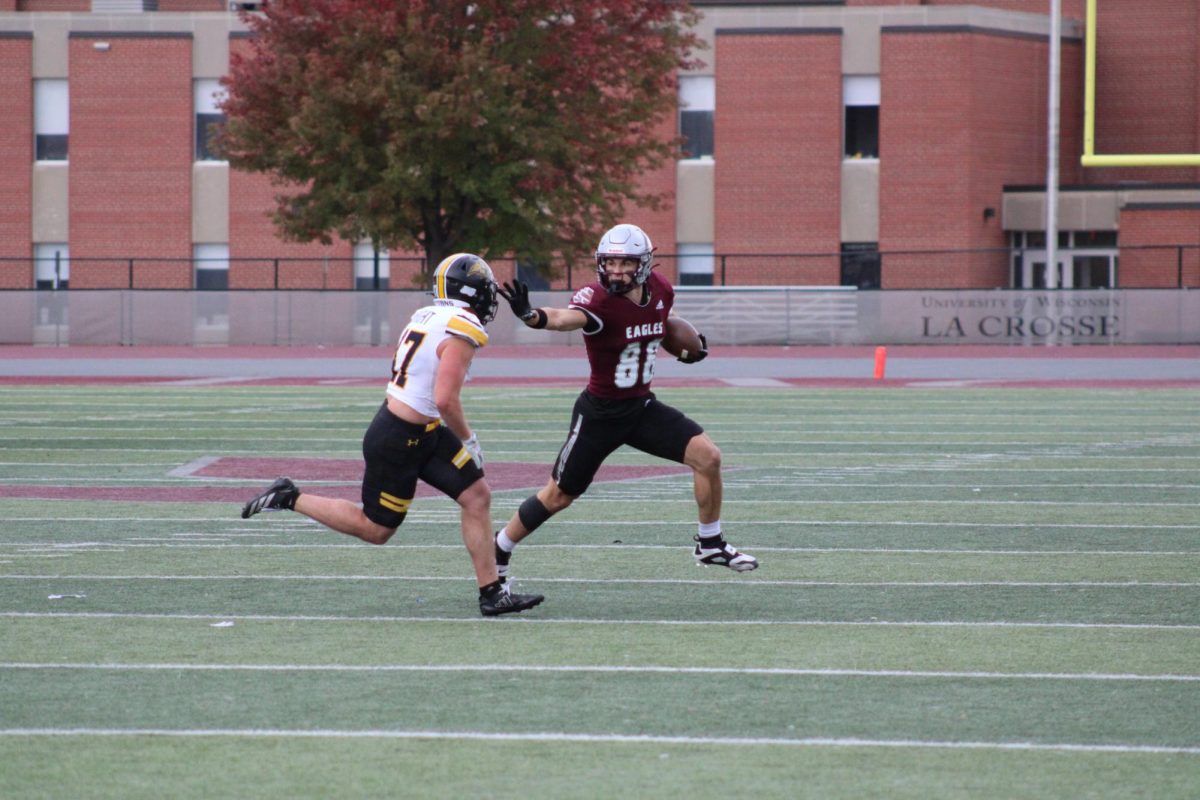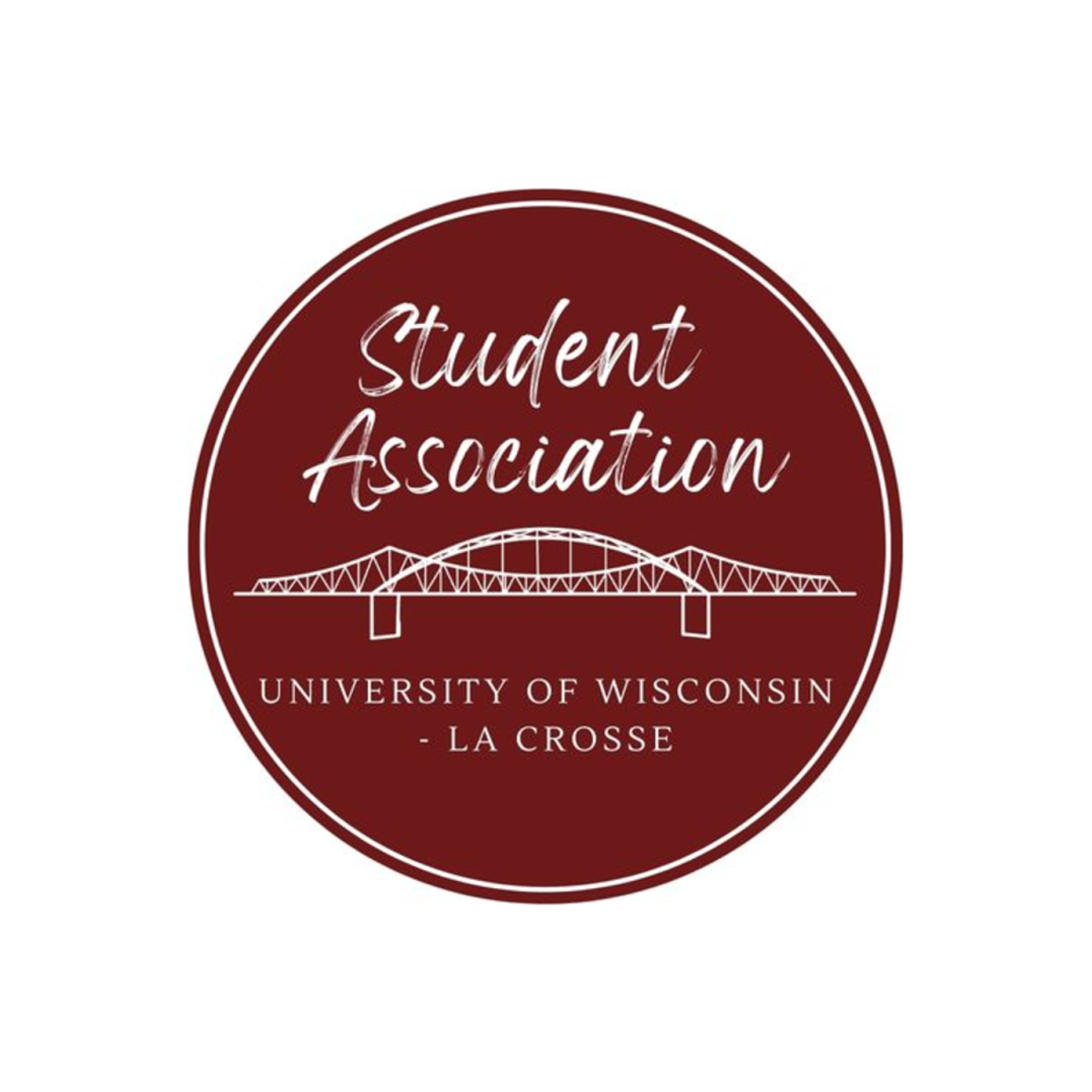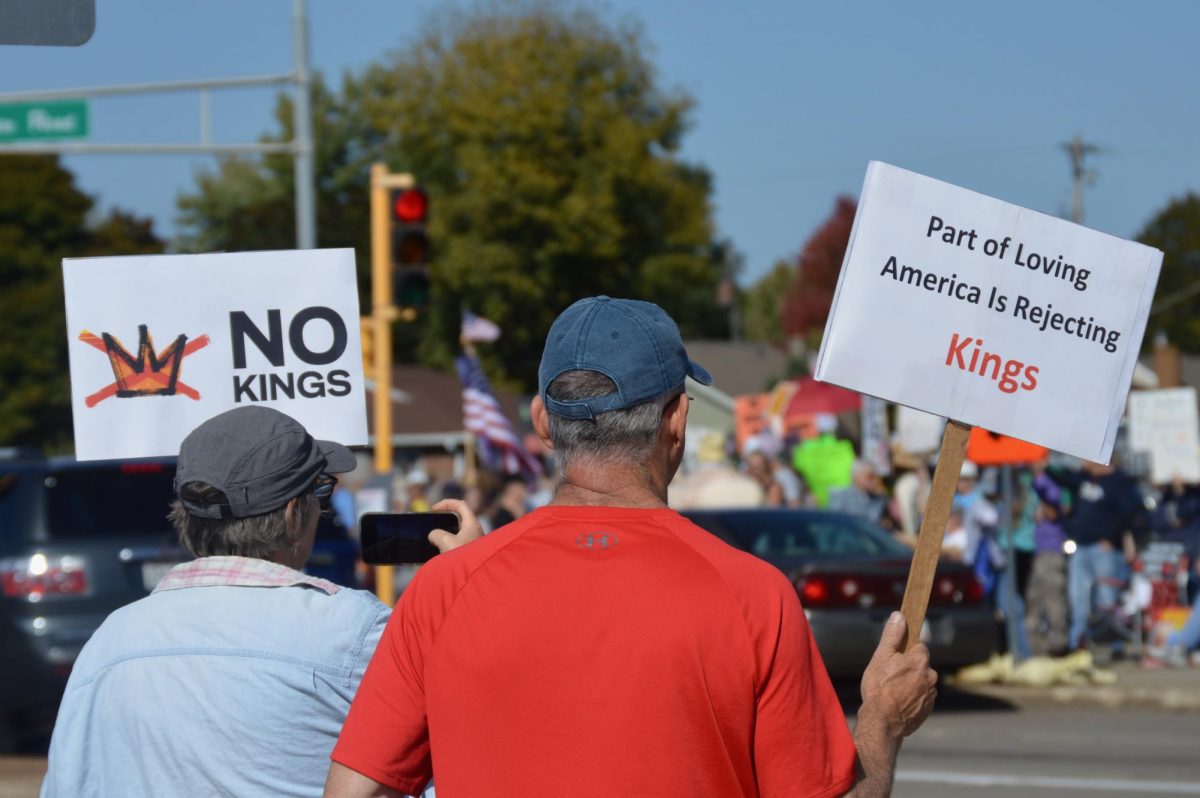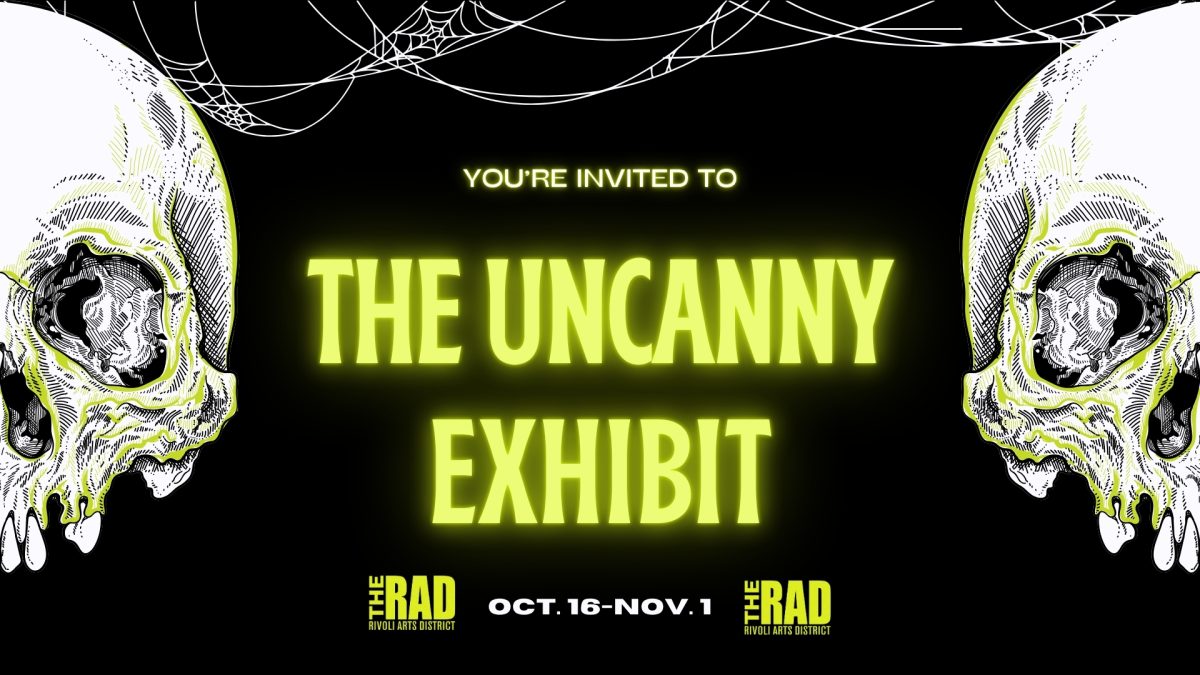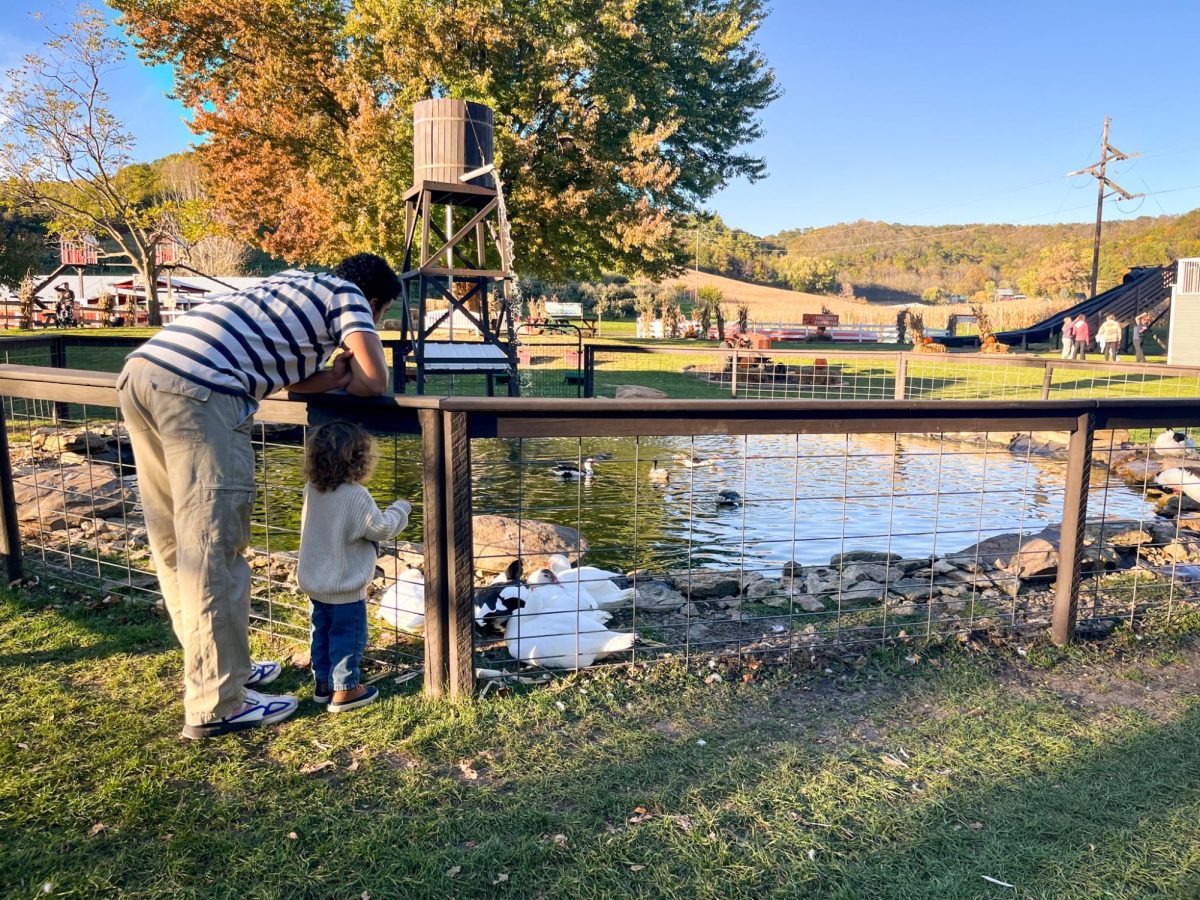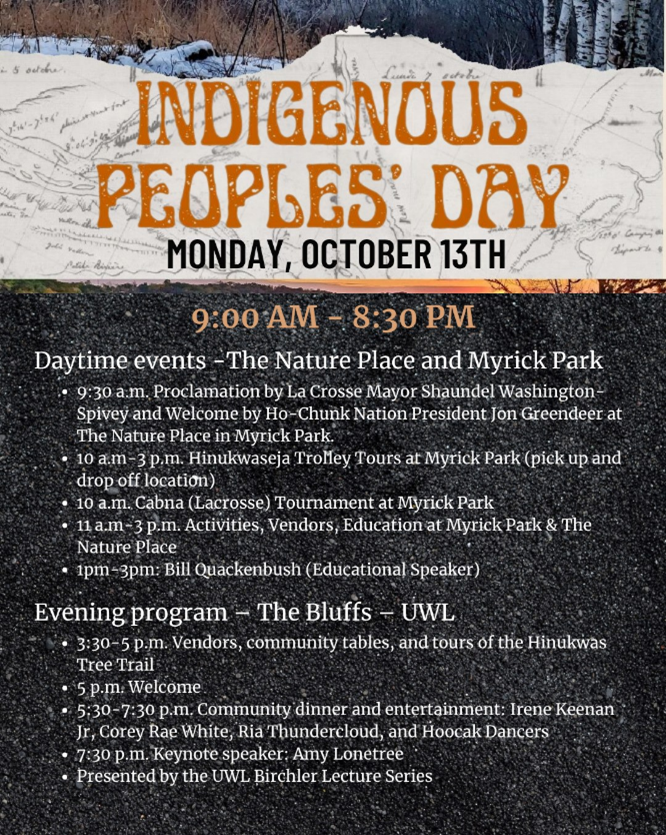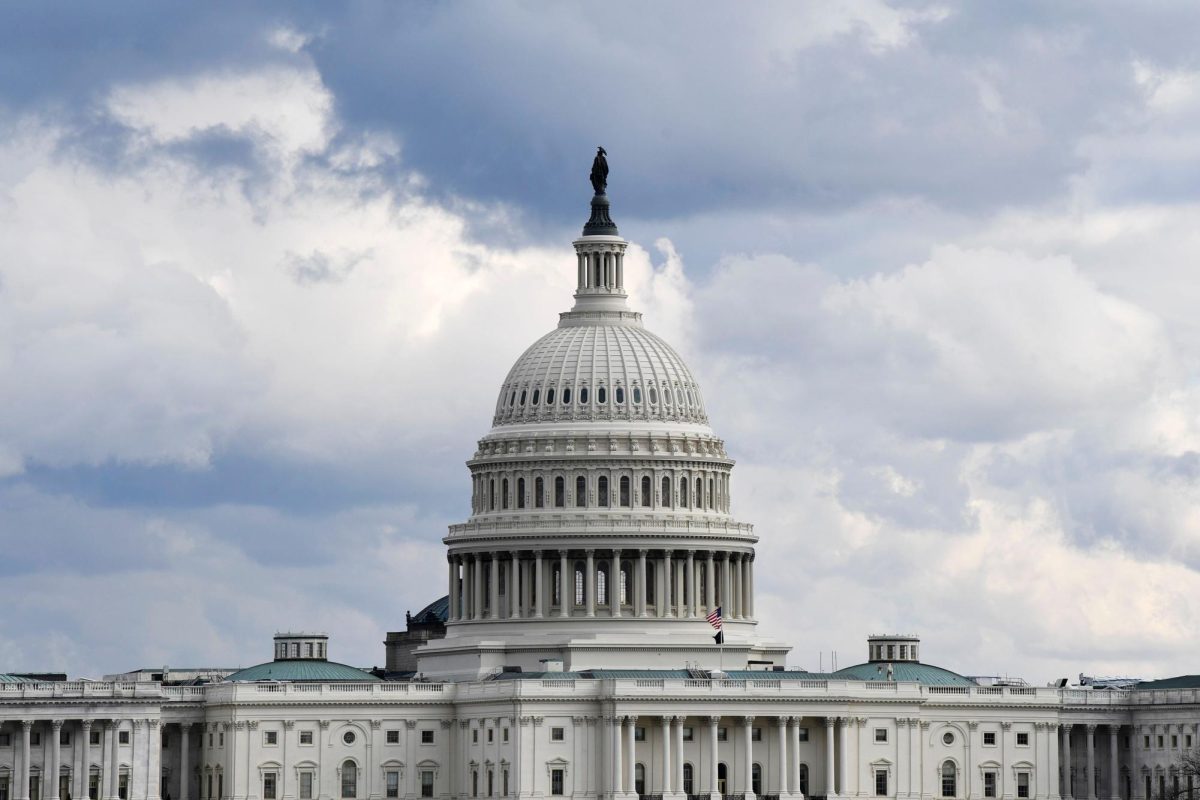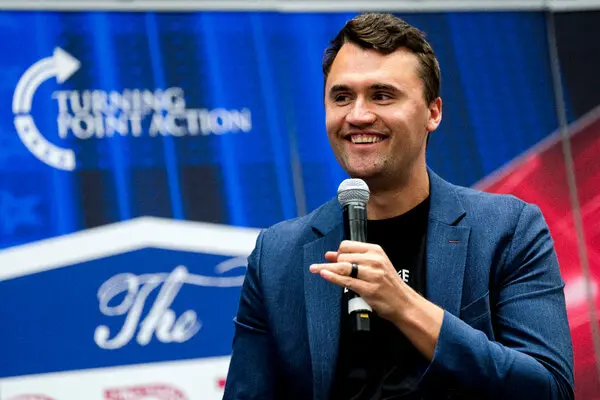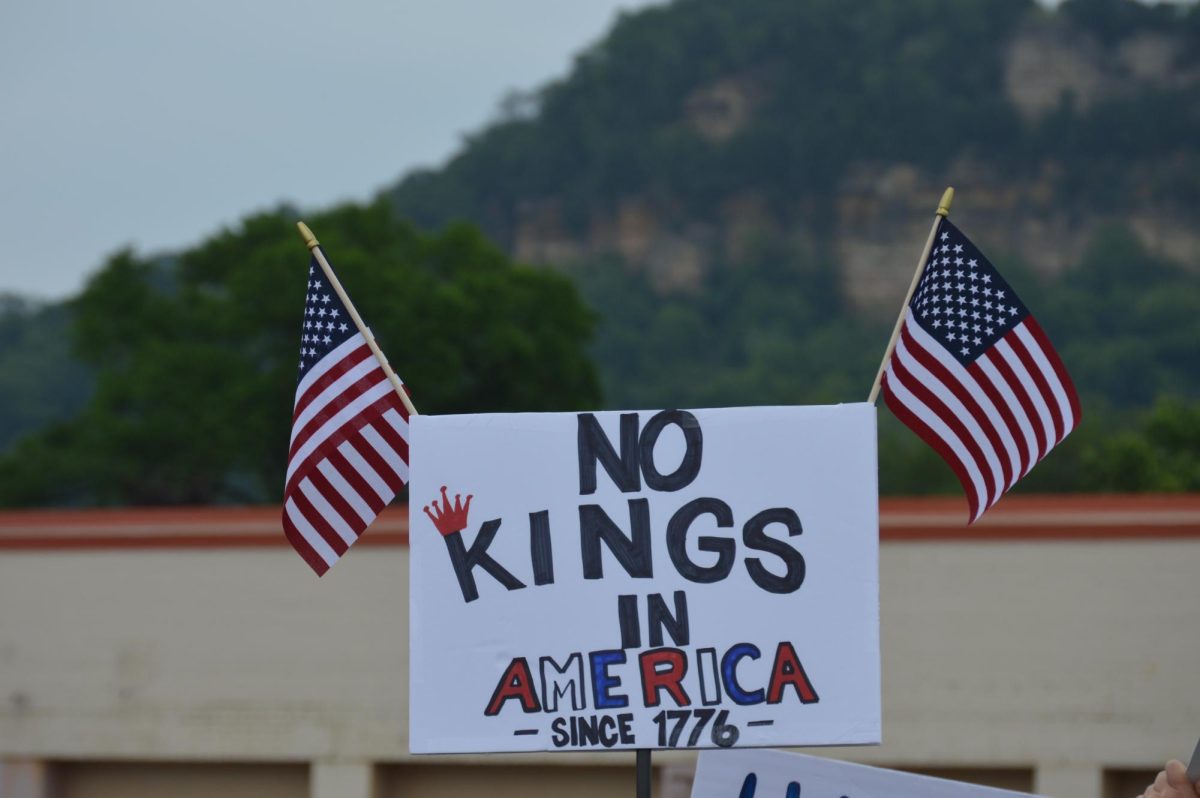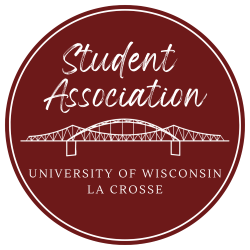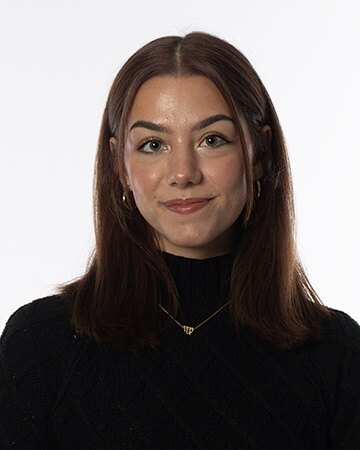On Wednesday, Oct. 2 the University of Wisconsin-La Crosse Student Association (SA) met to introduce the new directors, hear from Dean of Students Kara Ostlund about the Interim Chalking Policy and the Interim Expressive Activity on Campus Policy and discuss the presented changes. These policies had already been passed by Chancellor Beeby’s Cabinet, SA did not vote on them.
During the student body open forum, the President of the UWL History Club, Jake Williams, shared his distaste for the Interim Chalking Policy, which went into effect on Tuesday, Oct. 3, and is housed within the Interim Expressive Activity on Campus Policy.
“This policy is not only unnecessary but would also be a nightmare to enforce, risking – limiting a valuable outlet for student expression,” said Williams. “This policy is not a policy that looks to solve a problem,” he continued.
He spoke on his belief that the policy harms campus organizations and limits free speech. Specifically, Williams expressed his concern for the logistics of enforcing the policy and the limited amount of time it allows chalking to be up for.
Emily Anderson, county board supervisor and chair of the UWL Democrats, then spoke to SA. Anderson referenced the School of Education (SOE) protests in 2022 and the more recent Pro-Palestine protests from last Spring that took place on the UWL campus. She said chalking is essential for these movements and for increasing student participation in elections.
SA next moved into discussion where Dean of Students Kara Ostlund explained the Interim Chalking Policy. She provided SA with a history for the policy, stating that prior to 2022, chalking was always limited to only student organizations to promote student organization events.
In 2022, while Joe Gow was chancellor, Ostlund said the rules for campus chalking became much more relaxed.
“Our chancellor at the time decided to allow a free-for-all. It went rogue in many different ways… The directive from the chancellor at the time was ‘I’m going to allow everything to happen,” Ostlund said.
She said this leniency led to offensive and inappropriate messages, which do not reflect UWL values, being left on campus property. These messages would be seen by children, members of the La Crosse community and potential students who came to visit campus.
Ostlund asked SA, “What does that then say about us as an institution?”
She then went over the features of the Interim Chalking Policy. The policy states that student organizations must apply 24 hours in advance in order for the policy to be properly communicated and for campus police and facilities to be notified. Requests can be denied, but Ostlund assured SA that would only be the case if the request violates campus guidelines or is made less than 24 hours before the chalking.
UWL facilities are responsible for removing unauthorized chalking under the interim policy. Ostlund said if they are notified of the organizations’ plans to chalk, it would allow them to better identify and remove any tampering of the messages left by student organizations, ensuring the integrity of those messages.
Ostlund then opened the floor to questions and concerns from SA.
Senator Cisco Garcia voiced his concerns about Section 4.3 of the policy, which states that chalking must be placed no more than two days prior to the campus event. He said students require more than two days’ notice to plan their schedules, so this section would be detrimental to attendance and participation.
“I don’t see them showing up to this event with two days’ notice. I mean, students already don’t check their emails and they don’t check the bulletin boards. I feel like chalking is one of the best ways to get to students,” Senator Cisco Garcia said.
He then claimed that Section 5.2 would further distance UWL students from the community by only allowing chalking to be done for events or promotions that are affiliated with the University. He echoed Emily Anderson’s previous concerns regarding voting, specifically early voting. He expressed that federal, state and local elections should be included as a valid reason to chalk.
He addressed Section 6.2; “Only approved chalking is permitted.” He said clarification on the criteria for approval in the form of a written statement should be added to the policy to ensure bias would not play a role in the acceptance of any requests.
After Senator Cisco Garcia asked if any students were involved or consulted in the formation of the policy, he yielded back to Ostlund.
In her response, she confirmed that students were consulted, but that chalking should be one of the last ways for student organizations to reach students as it relies on good weather.
“There’s not a happy policy for everyone,” Ostlund said.
In terms of which chalking requests receive approval, she clarified that events that are not directly affiliated with the University could be sponsored and then promoted by a student organization if they wish to chalk on campus. She agreed with Senator Cisco Garcia that adding a clearer statement was necessary, one that states that all requests that follow campus policy and are made more than 24 hours in advance will be approved. This information will be added to the chalking request form.
Senator Grochowski asked Ostlund how long the policy will be in effect. Ostlund said she hopes a group will be formed to re-look at it sometime during the 2024-2025 academic year. She continued that the policy is to be reviewed annually by the Dean of Students, the university police and the representation of shared governance groups. This is in an effort to eventually create a permanent policy to be voted on down the line by those shared governance groups.
Senator Piarulli spoke next, first recalling the 2022 UWL Republican chalking incident and noting the devastating impacts it had on students, but expressed disapproval towards the interim policy.
“I think this policy makes it really hard for UWL students to be passionate about anything,” said Piarulli. She continued, “It’s a little bit unfortunate that campus is being seen as a billboard – as an ad – for incoming freshmen and for their parents.”
Senator Ohihoin asked what the standard would be for students who wish to use chalking to criticize the University’s actions, as members of the SOE previously did. Ostlund said the SOE incident would not be allowed under this policy, as it would involve the individual opinions of students rather than the promotion of an event.
Ostlund said, “It wasn’t until that incident that Joe then allowed a free-for-all. So, we’re trying to come back to some type of decorum as an institution.”
Following the final remarks in the discussion regarding the Interim Chalking Policy, Senator Fliegal moved to close discussion on the matter.
SA will meet again Wednesday, Oct. 9 to discuss new business and possible resolutions.
The Racquet Press will publish an article providing more details on the new Interim Chalking Policy as well as the Interim Expressive Activity Policy.


